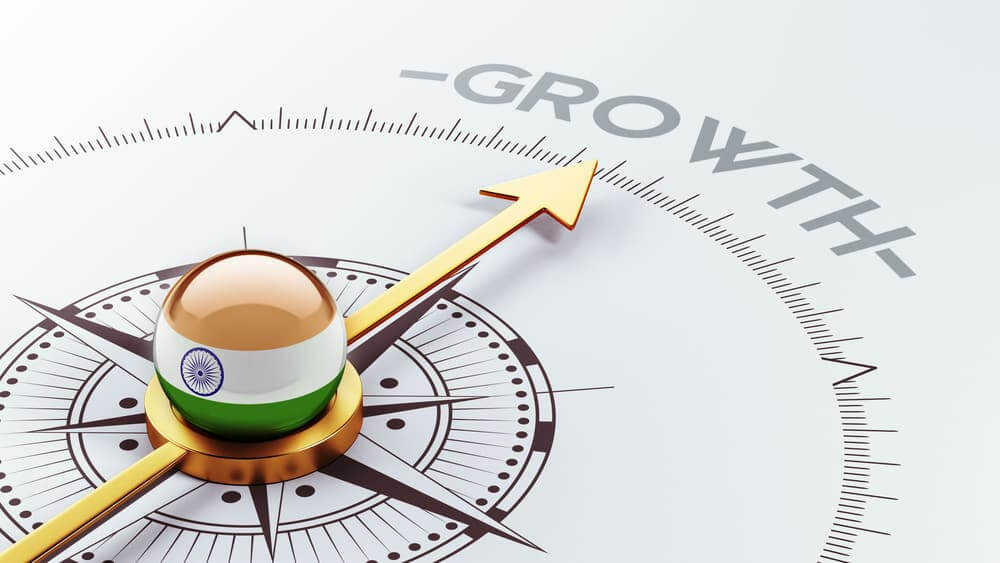
India’s economic recovery picks up pace as Covid cases fall
This year, India’s economy seems to have a strong rebound. The process resulted from the pace of vaccinations and a decline in new cases.
However, analysts say that Asia’s third-largest economy is not performing sufficiently, adding that risks, including inflation, can reverse the recovery process.
Head of the strategy at Mumbai-based Reliance Securities, Binod Modi, said that a rebound in economic momentum became visible after the vaccination process grew.
He added that India would witness healthy economic growth very soon this year.
The economy suffered last year as the country imposed one of the strictest lockdowns in the world.
Overview
Many restrictions remained this year, as it went through a fatal second wave of the pandemic. Health ministry figures show that the country recorded more than 400,500 cases per day at its peak at the beginning of May.
In the financial year to the end of March, India’s gross domestic product decreased 7.4 percent. This is a significant setback for the developing economy.
At the moment, the country needs to achieve annual GDP growth of over 9 percent to create enough jobs for its vast young population and lift people out of poverty.
In the last several months, the government decided to remove most restrictions.
New coronavirus cases were around 10,000 a day in the previous few weeks.
The majority of the people received at least one dose of the vaccine. This has pushing optimism for an economic rebound.
In a podcast earlier in November, the International Monetary Fund’s senior resident representative to India, Luis Breuer, said that there might be a light at the end of the tunnel.
The IMF calculates that India’s GDP might grow 9.6 percent in this financial year and 8.6 percent the following year.
As Mr. Breuer says, the pace is slow, but the economy appears to be recovering.


